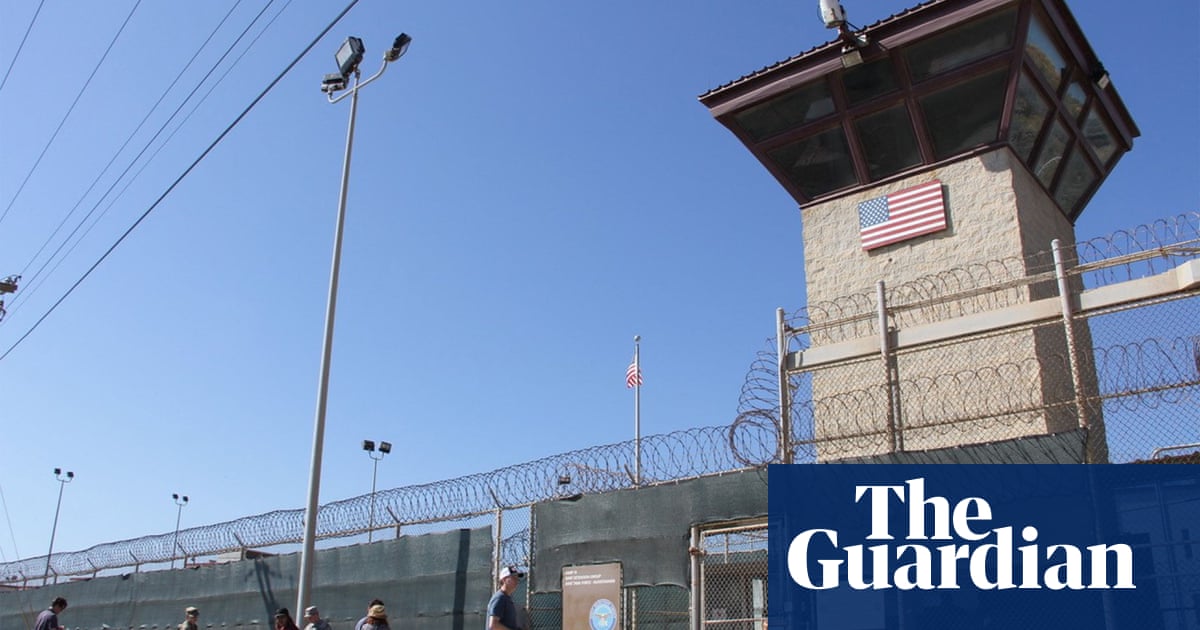
The number of people forcibly displaced from their homes has doubled over the past decade to almost 80 million, according to the UN refugee agency.
A 9 million rise in the number of those forced to flee in 2019, fuelled by conflict in Syria, Yemen, the Democratic Republic of the Congo and Burkina Faso, means that one in every 97 people around the world – about 1% of all humanity – is now displaced, according to numbers in UNHCR’s annual report, published on Thursday.
The UN high commissioner for refugees, Filippo Grandi, warned of long-term consequences for many of the displaced. “Forced displacement nowadays is not only vastly more widespread but is simply no longer a short-term and temporary phenomenon,” he said.
“We need a fundamentally new and more accepting attitude towards all who flee, coupled with a much more determined drive to unlock conflicts that go on for years and that are at the root of such immense suffering.”
According to UNHCR’s global trends report, only 4 million refugees were able to return to their home countries during the past decade, compared with 1.5 million every year in the 1990s. Protracted conflicts, the agency warned, were making voluntary repatriations increasingly unlikely.
The report says that many refugees who did return to their homes last year went back to conditions that remained unstable. Only 1 million people were able to resettle long-term during the decade. The UNHCR said that only 0.5% of the world’s refugees were resettled in 2019.
The agency said that the coronavirus pandemic had affected the number of people seeking refuge. The EU registered 43% fewer asylum cases in March compared with February.
“It’s not surprising that the numbers [of forcibly displaced people] are going up because the rate that people are becoming refugees is greater than the rate that they’re finding solutions,” said Jeff Crisp, a researcher at Oxford University’s Refugee Studies Centre.
He said numbers presented by the UN and humanitarian agencies often focused on headlines about record figures but should also be presented in the context of government policy, with more analysis about why numbers are growing.
“It doesn’t actually tell you much about the situation and the conditions of people, the protection problems they’re encountering, the growing resistance among countries to admit people, the growing tendency to push refugees back to their countries,” he said.
According to the UN’s study, more than half of displaced people were displaced within their own countries.
Crisp said it was significant that so many people were internally displaced and called for more analysis about why this was the case. “If you’re talking about increased numbers then you should also be talking about what are the responses to those increased numbers,” he said.
“The numbers of internally displaced people are going up much more quickly than refugees, which begs the question: why are people being displaced within their own countries rather than crossing borders, and … is it linked directly to countries increasing border controls?”
The latest figures include previously uncounted people in Venezuela, who were not registered as displaced or refugees but were in need of support.
UNHCR said the climate crisis was increasingly playing a part in displacement, forcing people from their homes and making living conditions worse.












